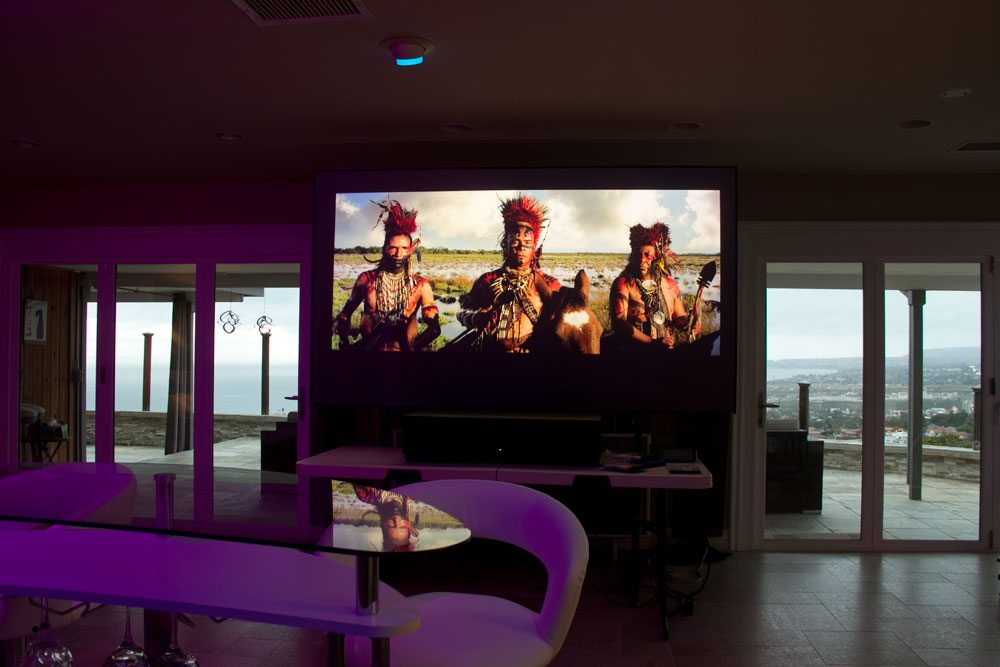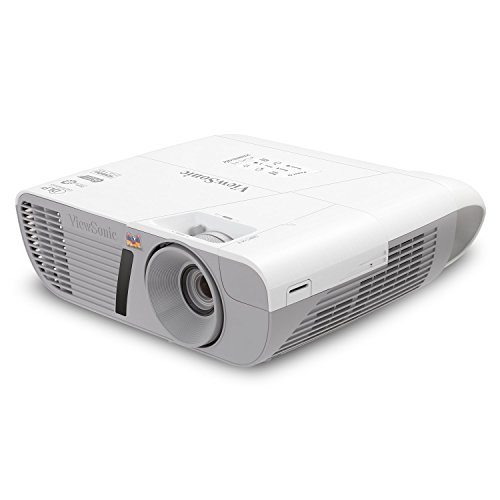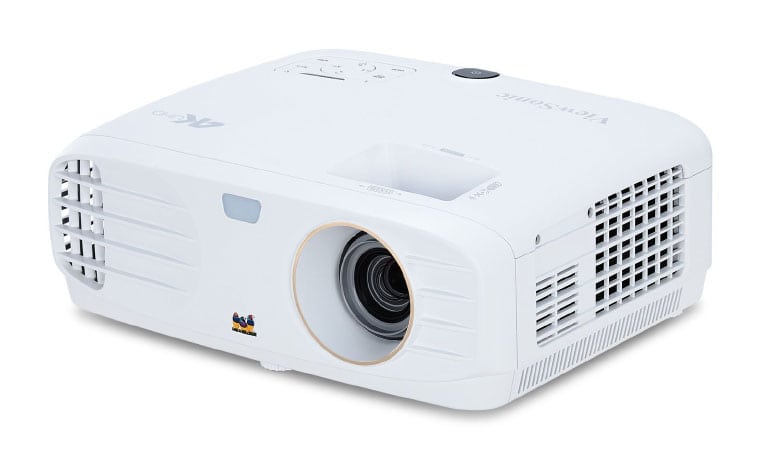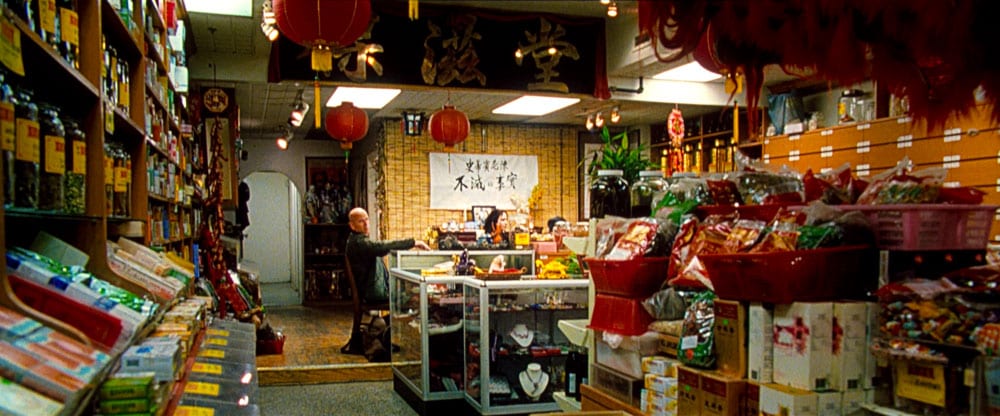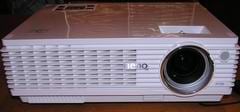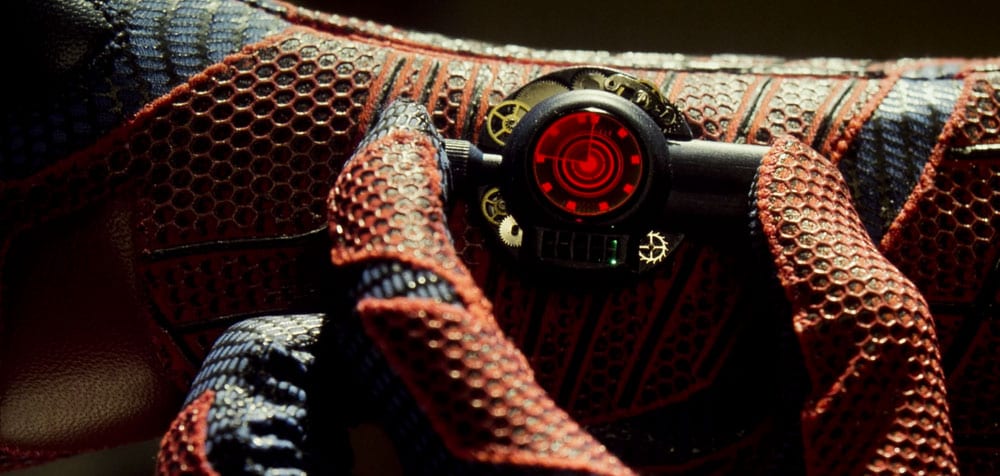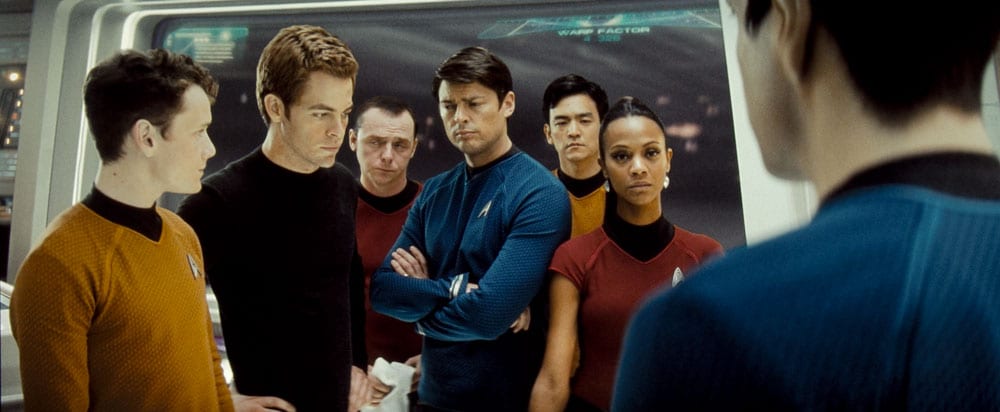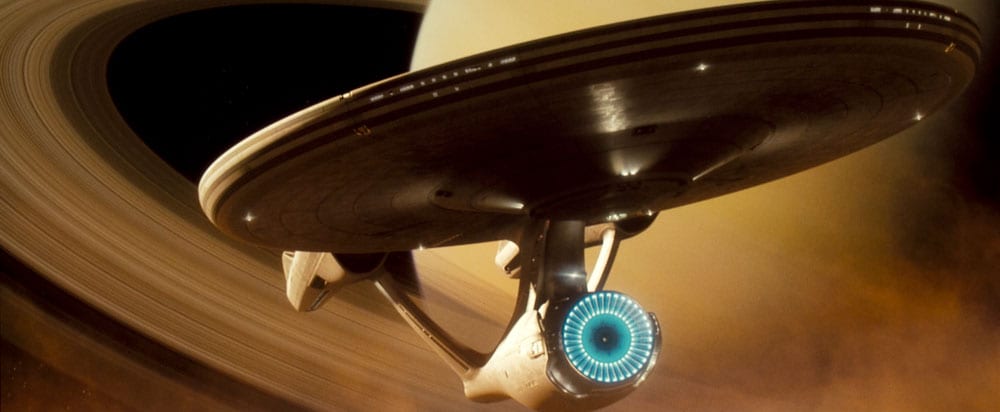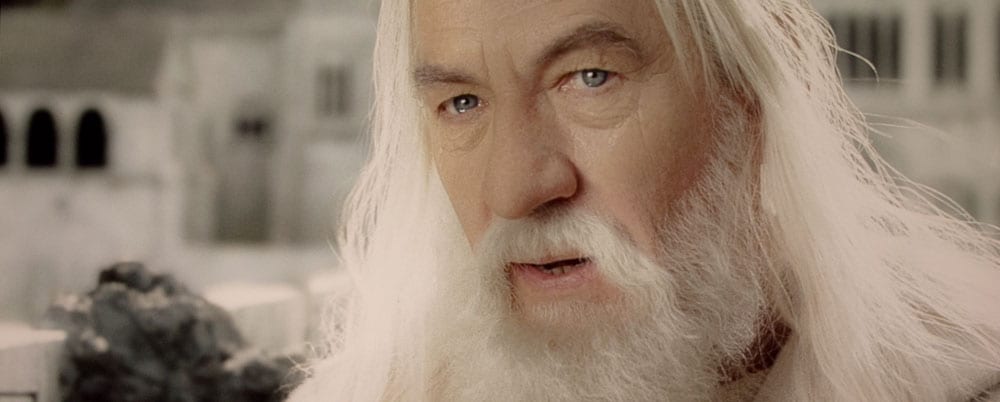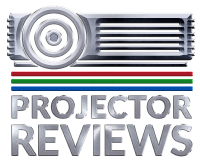JVC DLA-X55R Projector - The Bottom Line
There's lots to summarize, so let's start with the Physical attributes. JVC's 2:1 zoom lens is motorized (focus, zoom and lens shift). This allows for maximum placement flexibility, and on top of that, the X55R offers Lens Memory, allowing you the option of going widescreen, without the expense of an anamorphic lens (and motorized sled).
On top of the flexibility, the optics themselves appear to be particularly good. Image sharpness (whether e-shift is involved or not) is overall very good, for a 3 panel device. Also of note, the 2:1 zoom lens doesn't lose the usual 40% or so brightness when placed at maximum distance (telephoto), compared to wide angle (only 26%). This does mean, that the JVC hangs in better, in terms of brightness should you be mounting it on a rear wall, near the distant end of the lenses range.
Of course, this JVC has some standard features - the lamp can be changed without unmounting the projector. This year JVC has improved their lamp life claim, from 3000 hours in low power, to 4000, and from no spec, (we assumed 2000 hours) to 3000 hours at full power. The lens is center mounted, simplifying placement calculations.
When it comes to 2D brightness the X55 is truly a typical dedicated theater projector - about 700 lumens calibrated, and right around 1000 lumens at its brightest (conservatively measured). That's plenty of lumens for a 120" or even larger screen. I run a 124" in 2.35:1 and the JVC always had plenty of brightness for my 2D viewing, and with some to spare.
For 3D viewing, however, even at it's brightest it doesn't have a lot of brightness for 3D. 100" diagonal's respectable, (this year's 3D projectors as a group are getting a brighter image to your eye, per lumen) than last year's models).
Creative Frame Interpolation - "Clear Motion" - has three modes in addition to Off. I stuck to the Low setting which was pretty good. Not too obvious, but far from the best in terms of avoiding the "soap opera" affect. That said, I used it primarily in conjunction on MPC the firmware for sharpness/detail enhancement (and e-Shift), the combination, however, does result in an increase in artifacts.
Speaking of the whole "4K e-Shift2", while I still won't buy into it being real 4K. After all, two things: It can't accept 4K content, and, at best it's 2 times 1080p pixels, which is still only half the pixels of true 4K). Still, you should consider it to be a very good detail/sharpness solution. I think about it as something roughly comparable in purpose to Sony's Reality Creation on their HW50ES. Note that the whole configuration in MPC for Film, is subtle, and less than Sony can easily do. The more severe HD and High Resolutions modes, make a real difference, but as you can see from some of our demo modes, they can be over the top, as can anyone's detail (etc.) dynamic system.
Watch our video on the JVC "4K" e-Shift2 detail enhancement technology.
So, how good is it (MPC and e-Shift)? I would say it allows the JVC to come out with a sharper / more detailed seeming image than Epson can do with their Super-Resolution, but I don't think it can beat Sony's Reality Creation. I just don't know as I didn't have both projectors at the same time. (Both can easily be "over the top", in fact, with both, you can use a setting that looks great on one piece of content, then be over the top on the next. Getting them set at their best takes some fiddling around.
The remote control is a great one. Definitely, it is one of my favorites, if not my favorite. Nice size and balance, nice back light on the buttons, and good range. Not much you can ask for in a remote control. The remote provides direct access to each Preset modes, and each of the Sources. Plus key buttons for Lens Memory, Lens Control color temp, gamma, and more. And of course a Lens Control button for access to the power zoom, focus and lens shift.
Color handling, and the naturalness of the image are really good. A more complete color management system allows for a very good calibration. Still, this X55R projector doesn't match the color accuracy and naturalness of the X70R we reviewed last year, but better than the RS45. Despite Mike doing a full CMS calibration, I'm seeing just a touch of shift toward yellow that shows up on skin tones. It's not something dramatic, but, for example, we've oft said that Epson UB projectors have a tendency toward yellow/green if you don't do a full CMS calibration. In this case both the Epson and JVC got the full treatment, but the JVC still has some of that yellow, that the Epson no longer had.
Bottom line on color: It really is going to look great to most folks, but, when it comes to that bottom line, some of the less expensive competition still looks better. Without side by side viewing though, figuring that out would be pretty hard for most.
What really stands out about the DLA-X55R projector is its black level performance. I was pleasantly surprised to see it outperform (albeit slightly) in terms of blackest blacks compared to the Epson 5020UB (which we are using this year as a mid-priced reference - due to it's great blacks). Of course the JVC doesn't have a dynamic iris, so it also has an image with more dynamic range.
That said, this year we have the Epsons at $2600 and $3500, the $4000 Sony HW50ES and this JVC all close enough on blacks that you won't be choosing one over the other due to the blacks. I'd still give the more expensive JVCs and the Sony VPL-VW95ES the edge in blacks. Shadow detail is extremely good, although you can notice slight contrast boosts due to the use of e-shift / MPC, which help bring them out.
There are many other things to like about this JVC, besides skin tones, and awesome black level performance. The handling of dark shadow detail is most impressive, especially considering the great, dark, black levels. I won't claim that the JVC does the best on dark detail, but it is right up there, with any that are better, being not significantly better. What little might be missing, probably will not be missed.
The two year warranty, while not best in class, is a respectable one. Still I would have liked to see 3 years on a projector of this quality, as most of the competition comes with 3 years in this price range. Let's say - not a bad warranty, but less than projectors in this price normally come with.

